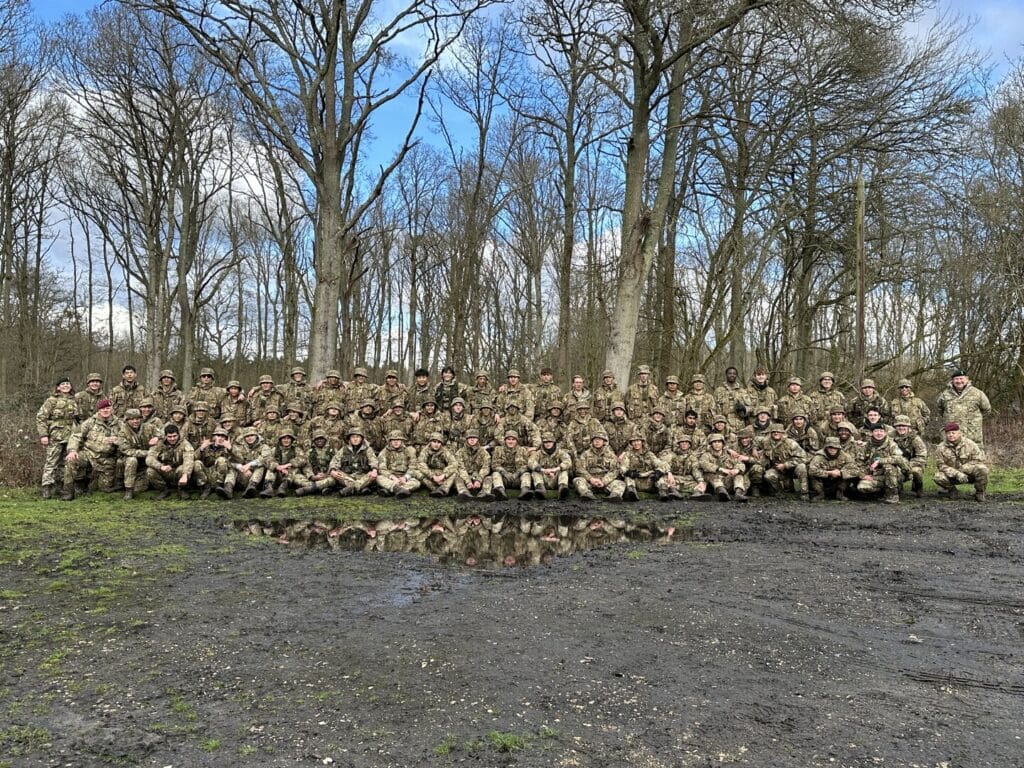As polls opened across America the Political Society hosted a student-led meeting last night to discuss the election, and its potential ramifications for both America and the wider world. Four Eton students and one Eton teacher presented their ideas:
Felipe kicked off the event in style with an in-depth talk on the power and implications of gerrymandering. The tactical redrawing of district boundaries can and has been used in the past to give parties the edge in controlling state legislatures and house seats. This, combined with the nuances of the electoral college system, can dramatically influence the timings, outcome and ultimately “the fairness of a presidential race”.
George reflected on Black History Month and the implications of the election for Black Americans. President Trump and Joe Biden clashed on evidence of pre-pandemic lows in unemployment, poverty and arrests for Black Americans. Delving deeper, George looked at data for socio-ethnic groups pre-2016, revealing long histories of inequality, meaning Black voters had “an immensely important choice to make”.
Max spoke about ‘Americans who cannot vote’, highlighting the inequalities and injustices that arise from imprisonment, which often skews voting patterns. He mentioned modern day poll taxes and the fact that many are forced to drive hours just to exercise their democratic right due to the scarcity of ballot boxes. Finally, he reminded the virtual audience of the disenfranchisement of Puerto Ricans and those in Washington D.C. when it comes to voting for representatives in Congress.
Afzal considered the role of the Supreme Court in the electoral process, concluding that it is a key player in this election, with likely rulings on the legality of certain types of mail-in votes. The future of the election, if unclear, may just go to the Supreme Court. Could the most recent appointment (Amy Coney Barrett) help to further tip the scales and decide the fate of the country for four more years?
Finally Mr Wigler, the Annenberg Fellow (a visiting scholar from an American university) told us about his real-world experience in US Politics, having worked with both Democrats and Republicans. His argument that ‘political polarisation’ has created a divided America was evidenced by an abundance of statistics, graphs, opinion polls and surveys. It has led to a transformation of views on the appropriateness of violence and the importance of the economy. One of the most interesting shifts he presented was a finding from 1960, that 4% of Democrats and 5% of Republicans would be upset if their children married a supporter of the opposing party. By 2016 those figures had risen to 33% and 49% respectively.
We want to thank everyone involved for their insightful presentations, ideally suited to lead us all into the final stages of the election.



